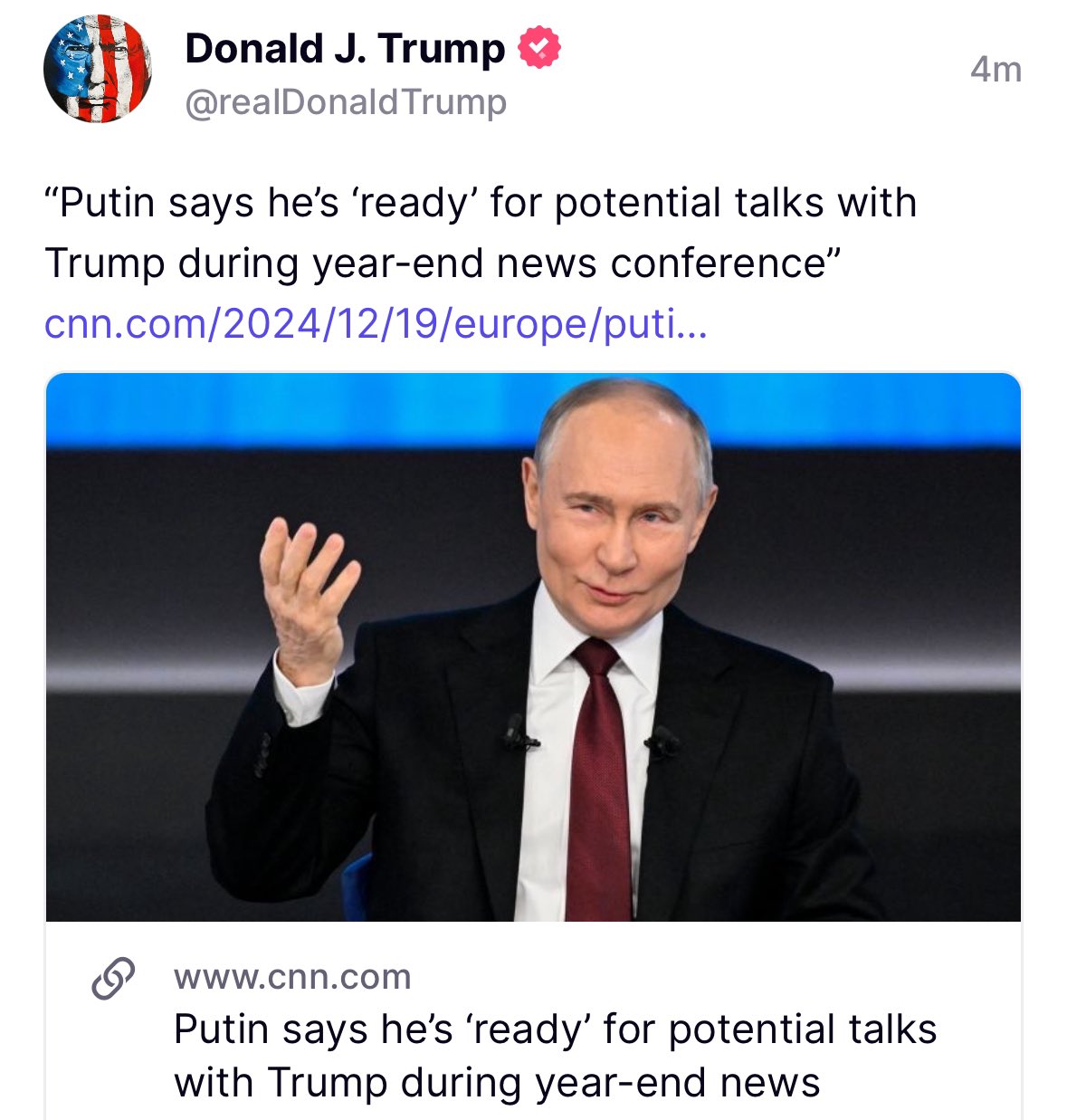The day after she was sworn in, Ms. Parker issued an executive order to shut down the open drug markets in Kensington. Her office soon published a strategy to “attack the decades of open-air narcotics trade, addiction, homelessness, violence, and criminal activity” that plague the neighborhood. As part of an enforcement push that began in June, 75 officers assigned to Kensington have worked to shut down homeless encampments, make narcotics arrests and promote public order.
The effort is yielding results on gun crime. During the pandemic, the northern half of Kensington was the second-worst neighborhood in the city for shootings and murders. This year it’s on track for the fewest shootings in a decade, city statistics show.
Ms. Parker’s critics complain that the cleanup hasn’t made enough of a dent in vagrancy, drug use and other offenses that degrade quality of life in Kensington. But the mayor and police can’t address those without the DA’s help. Mr. Krasner, a progressive prosecutor elected with funding from George Soros, favors a soft-on-crime approach.
In a report last year, Mr. Krasner touted his record of “reducing wildly excessive incarceration” and probation sentences for “convicted Philadelphians who are mostly Black and brown.” As of last week, he’d charged 4,645 drug offenses in 2024, down from more than 13,300 the year before he became the DA.
“Larry Krasner’s lack of prosecutions for theft, drug-related offenses, and quality-of-life crimes has made Philadelphia less safe overall, with Kensington being the most tragic example in our city,” says state Rep. Martina White, a Philadelphia Republican. “A District Attorney’s office unwilling to hold criminals accountable continues to undermine public safety and hinders community revitalization efforts in places like Kensington.”


